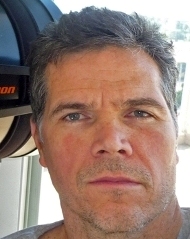Once you have role in large scale Organizational Leadership, you are stuck with that mindset. It becomes difficult to do any task without considering the widespread implications.
What is the Best Practice? How do we communicate these practices? What are the downfalls in the processes? What are the handoffs?
I first became responsible for organizational efficiency in 1995, leading the implementation of new design software processes at the City of San Diego.
Since then, my only job where organizational transformation was NOT a component of my responsibilities was my eighteen months at CalTrans. Even then I had an organization impact (Automating CalTrans D11 Drainage Deliverables).
My stewardship of Civil XLr8 is predicated on transforming organizational behavior.
I am used to going on-site and working with Technical Leads and Organizational Managers to provide organizational recommendations. Sometimes leading formal Discovery Interviews; more often it's less formal, but still structured. Sometimes, it's completely Engineering Improv.
At a minimum, it's divining the needs of the group I'm meeting with.
Most of the value on-site consulting provides is NOT what is in any documented material, but in the discussions with the people there.
The Engineering Software is generally well-documented. Best Practices within the scope are clear.
It's the boundaries of scopes and the interface between different teams, platforms, and departments where the true opportunity lies.
Looking forward, are you thinking Digital Twins yet? It's the future and your early mastery of it will be your differentiator.
